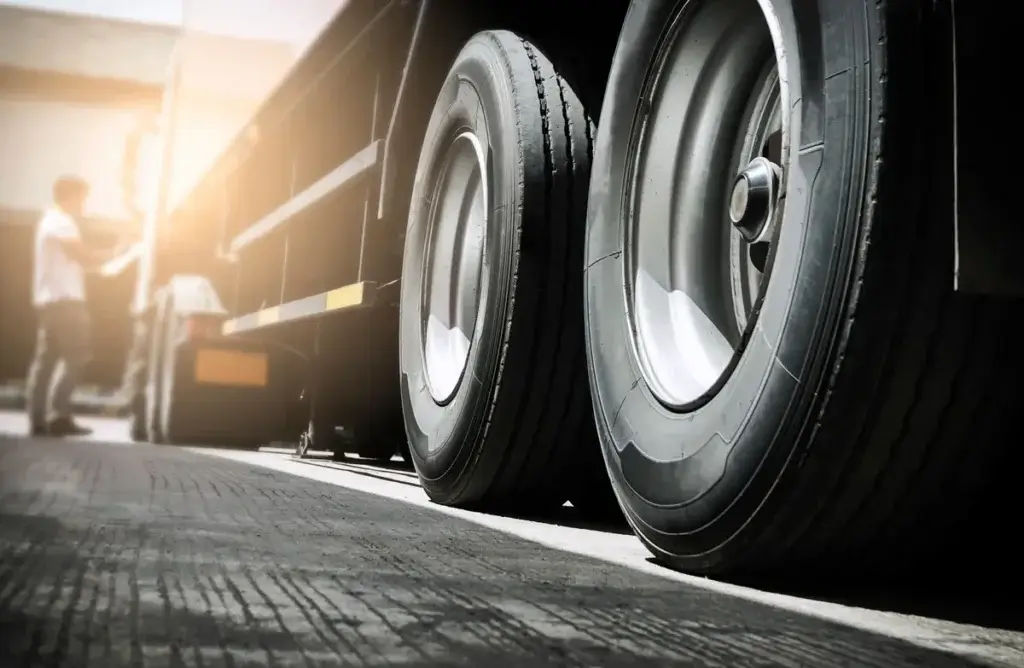Acting as the competition enforcer in the 27-country European Union, the European Commission expressed concerns about possible violations of EU antitrust rules, specifically those prohibiting cartels and restrictive business practices.
The targeted companies, key players in the tyre industry, are under scrutiny for their activities in the new replacement tyres market for passenger cars, vans, trucks, and buses sold in the European Economic Area. As the European Commission explains, there are suspicions that these companies may have engaged in price coordination, potentially facilitated through public communications.
Shares of the implicated companies experienced declines following the news. According to Reuters, Pirelli, Continental, and Michelin saw drops of 3.8%, 3.5%, and 2.9%, respectively. The market reactions underscore the potential impact of the investigation on these industry giants.
Italian company Pirelli responded to the allegations, Reuters reports, assuring that it has consistently acted fairly and “always in total compliance with all rules and regulations.”
Continental confirmed the ongoing investigations at its German offices, while Michelin acknowledged its inclusion in the EU investigation, emphasizing strict adherence to competition rules.
According to Reuters, Nokian Tyres, headquartered in Finland, reported that its offices were raided and stated its cooperation with the EU authorities.
Unannounced inspections are a preliminary step into suspected anticompetitive practices, and they do not imply guilt or prejudge the outcome of the investigation itself, states the European Commission. The duration of inquiries into potential anticompetitive conduct varies based on factors such as the complexity of each case and the extent of cooperation from the companies involved.
Companies found guilty of breaching EU antitrust rules could face fines of up to 10% of their global turnover, according to Reuters.
Leniency programmes have been established, encouraging companies to cooperate by granting immunity or significant reductions in fines in return for reporting conduct throughout the investigation.











